When Monsters Change Sides
Some creatures are imaginary. I think of unicorns and heffelumps and vampires and zombies. Or orcs or elves or hobbits. Some of these beings have a basis in history. For instance dragons are mentioned in the Bible. At least one is. And they are definitely described in the book of Job. Ghosts also have a bit of tradition, and they are also mentioned in the gospels, though in the instance recorded, Jesus assured His disciples He was NOT a ghost.
Regardless of the origin of the various beasts that populate speculative stories, they generally have had a defined role—they side with evil or they side with good.
But more and more these creatures are changing sides. Or perhaps, more accurately, they are becoming a mixed bag—not all good or all evil as a trait of their species. Perhaps this shift is a result of our wider understanding of the world and a determination not to paint any people group as evil simply because of their ethnicity or their culture or their race.
Of course C. S. Lewis incorporated the monster-changing-sides in Narnia. He had dwarfs that were faithful to the High King, and dwarfs that were not. He also included the Calormene soldier Emeth who forsook Tash and became one of Aslan’s followers.
In other words, monsters changing sides, is not necessarily a recent phenomenon. But what does it mean?
Historically dragons have been evil. They burned and pillaged. They held towns and countrysides under the tyranny of they vicious exploits. They horded their ill-got gain for no apparent reason other than their own satisfaction.
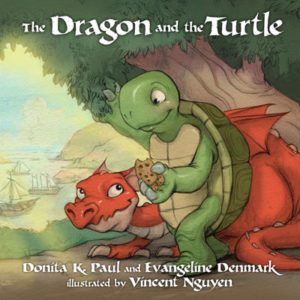 But along with others, Donita Paul flipped the dragon myth in her DragonKeeper Chronicles. Dragons were sometimes cute and cuddly. Dragons were sometimes faithful companions that helped save the day. And dragons were sometimes still villainous, to be defeated.
But along with others, Donita Paul flipped the dragon myth in her DragonKeeper Chronicles. Dragons were sometimes cute and cuddly. Dragons were sometimes faithful companions that helped save the day. And dragons were sometimes still villainous, to be defeated.
As near as I can determine, not having read the series, Stephenie Meyer did the same in Twilight with vampires.
 Of course, ghosts have been flipped for some time—think of Casper the Friendly Ghost or the ghosts in the very old TV program, Topper.
Of course, ghosts have been flipped for some time—think of Casper the Friendly Ghost or the ghosts in the very old TV program, Topper.
So monster flipping is not a new endeavor. Back in the 1960s there were two other TV programs that illustrated this point: The Addams Family and The Munsters.
I continue to think about this idea of changing sides. What’s behind it? Does the popularity lie simply in the surprise element such reversal offers? Or is there another reason people want to see or read stories about surviving the zombie apocalypse, as author Greg Garrett suggests in Living with the Living Dead (Oxford University Press).
Do people want to make friends with monsters, as in the movie Monsters Inc. as a way of reducing the terror in the world? After all, people are scary enough. We don’t need to also be afraid of the monster under the bed. Or the one who we might be sitting next to in geometry.
In other words, is the remake of monsters an attempt to cope with fear?
The thing I realize in all this is that flipping monsters is not actually dealing with them.
The people in Israel didn’t become less fearful of the giants in the promised land because they had a plan to turn them, to sway them, to flip them so they’d fight on the Israelite side. They also didn’t pretend they did not exist.
There really were giants in the land. The way God wanted His people to approach that reality was to turn to Him and rely on the fact that He could deal with the giants.
I wonder if monster-flipping is a way of side-stepping that kind of dependence on God.

































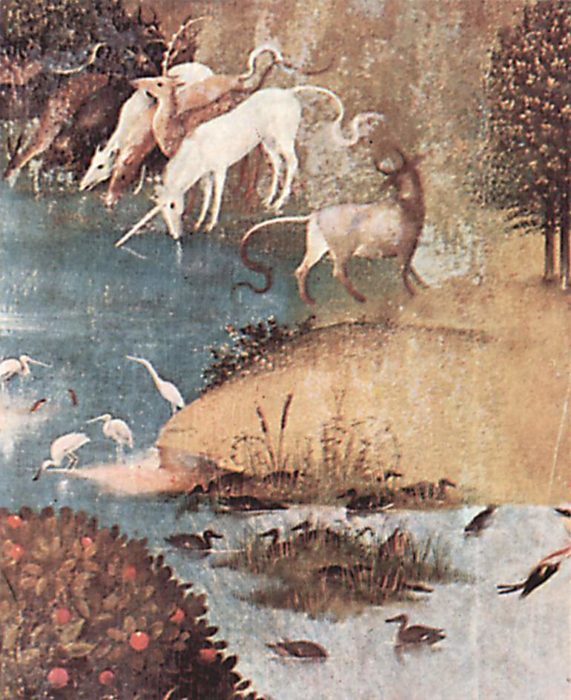

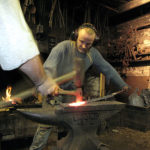
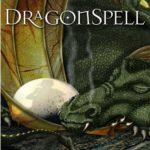
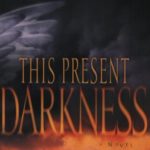




I don’t think it’s one simple answer to cover every case. Different people have different reasons for ‘flipping’ the allegiance of monsters. One thing to consider is that, way back then, many of these monsters were a way to represent a thing or idea, or perhaps challenges people faced every day. If monsters were a way to represent the terror humans faced dealing with nature every day, for instance, then of course stories would represent them as evil. But now days, we look less to representation and look at monsters more as a species. As we try to world build and come up with original story ideas, more details get added to the monsters, as well as more realism. In many cases, that’s why we have some monsters showing up as good, because that is a result we have to have sometimes if we want to show them capable of making choices the way humans are.
Some of this has also been due to things that have happened in real life. Wolves used to be seen as evil in many cultures because they sometimes preyed on livestock and people thought they were scary. So people hunted them nearly to extinction, a thing that many modern people view as a tragedy.
Another thing is that mythological creatures tend to change with new stories and retellings throughout history. Many of them also always had some sense of duality to them, like faeries that could sometimes help people or hurt them, depending on what happened.
Some people might want to believe that all their enemies are simply misunderstood and can turn friendly if they could just sit down and talk out their differences. Other people want ‘reversals’ in stories so they can show them to their children so that the children grow up to be compassionate. Other people want to use it to overcome fear, while others want to incite fear in themselves for a thrill. And, again, others simply see reversals as more realistic now that monsters in stories aren’t mere representations and are now individual beings capable of making choices just as people are.
Whether or not all this is side stepping God really depends on the story. I have a lot of characters that are descended from demons or angels, for instance. The Bible doesn’t say a ton about what Nephilim are capable of spiritually, and these characters of mine aren’t actually Nephilim, so one can argue that it isn’t truly a reversal. But writing these characters has sort of forced the story to deal with the concept of God, rather than side stepping it. Many of these characters understand spiritual matters far better than the ‘normal’ characters, so these demon or angel descendants are often the ones keeping the story rooted in spirituality. These characters also have to fight their own nature a lot, and often enough God is the only one that can help them sort it all out.
Also, if a story, especially a Christian fiction one, represents all monsters as completely evil, and are therefore damned, how does that serve the spiritual message of the story? It would be basically saying that God created those beings with the sole purpose of being killed by the heroes and damned for eternity. Doesn’t that conflict with Christianity’s message of being free to follow God and be saved?
I agree with Autumn’s last statement. Having a fully evil intelligent creature has always felt wrong to me. Not only is the creature damned in a Christian story, but it also leads to readers being able to easily justify genocide. After all, if the species is wholly bad, the good guys should go wipe them out, killing even the children. Sadly, many stories for kids seem to like simplifying things by making the bad species totally evil, which could lead kids to think, “Well, if they’d just wiped them out, this wouldn’t be an issue now.” I think this could translate badly to the real word, where people might decide certain nations are all bad and should be completely destroyed.
This is why, in my stories, I try to be careful not to ever let it seem that one species or race is totally evil.
I realize I’m reading and responding to this six months later but I agree that there is a time to portray monsters as redeemable because thats the Gospel message. I love that Darth Vader turns back to the light and that love wins in the end. It inspires me to keep praying for the stony hearts in my life or in the world in general and to not give up hope or prayer.
On the down-side humanism is rampant in fiction. Hollywood loves to make graphics-incredible films that lead us to believe our human spirit and science will save us from what God promises, that one day this earth will be gone and there will be a new earth. I love superhero movies but again, we always get to be rescued in the end without any God or repentance or an eternal destiny represented. People want to be saved from evil without God.
I actually think that a main reason for monster flipping is a love of evil, as well as tolerance or self-salvation. Worldwide, the tide of thinking becomes more and more geared towards a love of evil. Dangerous. Dark. Halloween is bigger than ever. The Day of the Dead. The horror genre has exploded, whether light forms like Supernatural or the traditional stuff. Theres Dexter and Lucifer, which romanticize serial killing and Satan himself. Demons are no longer hunted but sexy anti-heroes, rebels who just didnt want to be good guys…but somehow are just the brooding, adventurous, good guys anyway? Vampire Diaries, the Originals, True Blood, Game of Thrones, Punisher, Suicide Squad, Lost Girl …there is a growing fascination with loving and being attracted to that which is dark, non-conformist, intentionally immoral, and wicked. Sometimes by making them good. Sometimes by loving them in all their badness.